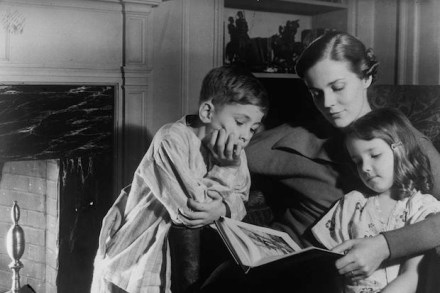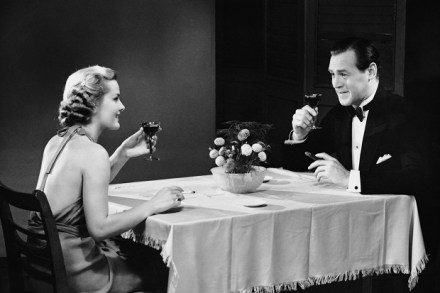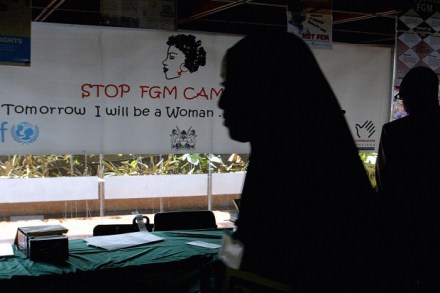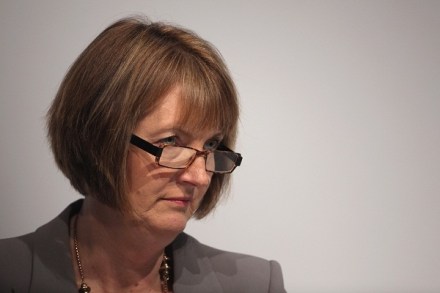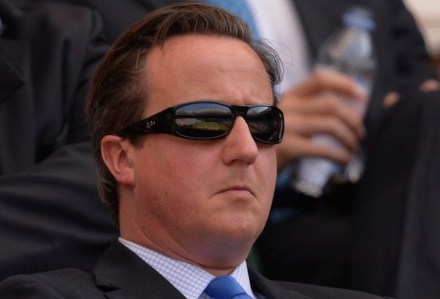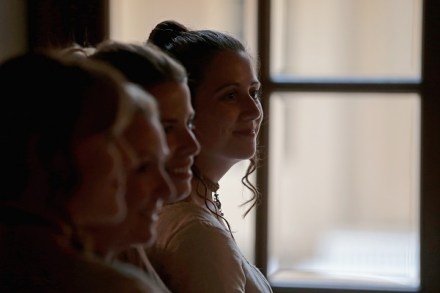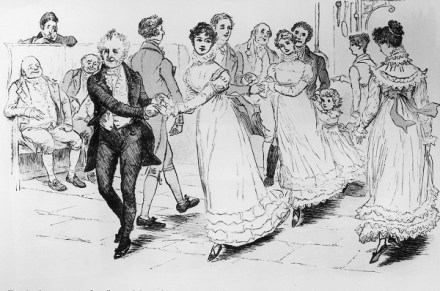Sorry, Kellie Maloney, but to be a woman you must first be a girl
Anybody with an ounce of compassion would have been doffing caps in recent days to Frank Maloney — as, indeed, absolutely everybody with an ounce of compassion vigorously and noisily was. His announcement that he is undergoing a sex change has been met by plaudits from far and wide, notably from within the muscularly male world of boxing in which he made his name and from where his former client, Lennox Lewis, has led the cheerleading. Quite right, too. Maloney’s appalling, sometimes suicidal misery of half a century is beyond imagination; his eventual admission to his beloved wife was heartbreaking to read and his courage, now, in going public — albeit






